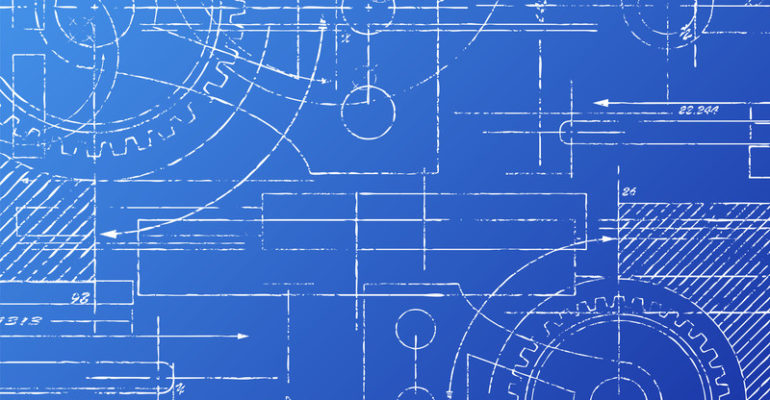The Role of Conscious-based Interventions

The Role of Conscious-based Interventions
The most powerful knowledge anyone of us will ever learn is knowing who we truly are. Not on an intellectual level, not on an academic level, and not at the level of psychology. We are talking about our True Nature. The True Nature of who we really are. This True Nature of ours is our Natural Blueprint. However, when our Natural Blueprint is hidden, our psychology is formed and yields an Ordinary Blueprint. Our Ordinary Blueprint consists of psychology and biology, while our Natural Blueprint is beyond psychology, and biology and is the only place where we will ever discover who we truly are.
While the most valuable piece of knowledge is to learn about our Natural Blueprint, it is always worth starting the process at the level of our Ordinary Blueprint, which, with proper unlearning and relearning will allow our Natural Blueprint to surface. Therefore, we can discover, learn and understand how to un-train and re-train our brain, using Unconscious-based Interventions. We will then be able to make use of these Interventions to eradicate the interfering patterns of our unconscious mind, once and for all.
Let us then talk a bit more about our Ordinary Blueprint:
Our brain is this bio-electrochemical box that functions as the center of our organism, through a series of mental activities, or activities of the mind. The mind, which uses the brain as its vehicle, receives several divisions, but the most scientifically rigorous division is that of the conscious and the unconscious. Between 95% and 99% of what we do emanates from our unconscious mind[1], the content of which, is made up of a combination of our genetic make-up and our experiences. These two factors, are mediated through a third factor, known as epigenetics[2]. They then give rise to our Ordinary Blueprint. Our unconscious mind uses our Ordinary Blueprint as the basis for our core beliefs.
Our Ordinary Blueprint shapes our beliefs, our attitude, our perception, the meaning we give to things, what we focus on, and therefore our predominant and associated thoughts. Our Ordinary Blueprint, therefore, shapes our states, our emotions, and feelings, and ultimately our behaviors. In this vein, our Ordinary Blueprint also shapes our habits, which lead to the results we have in life, and those results reinforce our belief system, and our identity; and the cycle repeats again.
This means that for us to adjust our results, habits, and behaviors, we are to adjust our Blueprint. This means that in order for us to be free, or to be ourselves, or in order for us to adjust our feelings and thoughts appropriately, we are to adjust our Blueprint. Now, it takes years of experience for our Blueprint to have become as firmly formed as it is, today, and likewise, adjusting it would also take some time. But there is a shortcut for those who are serious about expressing happiness, fulfillment, and knowing success as it has been designed to be. This shortcut consists of having direct access to our unconscious mind. Having a handle on a number of Conscious-based Interventions will help make this task a very easy and rewarding one.
Now, the principle of Occam’s Razor[3] requires that a scientific theory be as simple as possible, and that the solution to a problem could often be simpler than we make it. However, what is worth noting is that what is simple is not always easy, and there are two reasons for this. The first reason is that, as simple as it is or seems to be, that which is simple still needs to be practiced, on a regular basis, for enough time, and with enough intensity, for it to work. The second reason is that when things are, or seem to be simple, most of us disregard them, perhaps believing they are “too good to be true,” or not worth trying, let alone giving them time to work.[4] Yet we must remind ourselves that trying something new, whether simple or not, may work, and if it fails to work, we still will not be any worse off than where we were before. If we are following this logic, we now have no excuse for not trying something just because it may appear too simple, or just because we think it may not work. Therefore, we have no excuses for not expressing happiness, fulfillment, or success. For, this is all a result of what we obtain from doing those simple things on a daily basis, for enough time, with the proper frequency, and with enough intensity.
Whether conscious-based or unconscious-based, the interventions that work best are often the simplest, but they are to be practiced. Conscious-based Interventions can be simple but powerful, and we will continue to make use of them as we go about having direct access to the unconscious mind, through the Unconscious-based Interventions.
Together, we are eradicating suffering, one person at a time.
[1] Goleman, D. (1984, February 7). New view of mind gives unconscious an expanded role. The New York Times. Retrieved May 25, 2022, from https://www.nytimes.com/1984/02/07/science/new-view-of-mind-gives-unconscious-an-expanded-role.html
[2] Centers for Disease Control and Prevention. (2022, May 18). What is epigenetics? Centers for Disease Control and Prevention. Retrieved May 25, 2022, from https://www.cdc.gov/genomics/disease/epigenetics.htm#:~:text=Epigenetics%20is%20the%20study%20of,body%20reads%20a%20DNA%20sequence.
[3] Duignan, Brian. “Occam’s razor”. Encyclopedia Britannica, 28 May. 2021, https://www.britannica.com/topic/Occams-razor. Accessed 25 May 2022.
[4] Norman, D. A. (2016). Living with complexity. The MIT Press.








